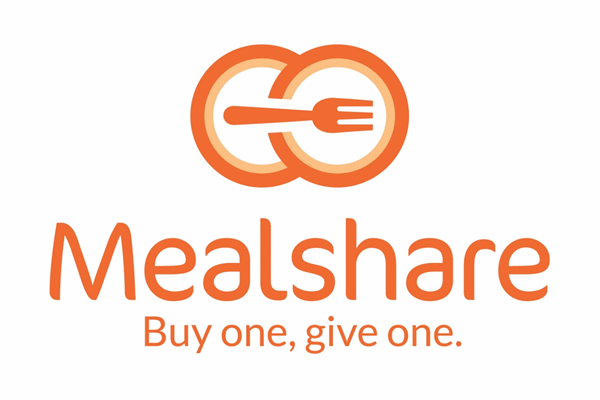Sustainability can be doubly cool because Sustainability can deliver a mighty win-win
Brands with a sustainable element are modern, exciting and tap into the needs of the much-courted millennial generation. Sustainable brands are cool, unsustainable brands are lame! Unsurprisingly, this “killer insight” has led to many brands across industries adopting sustainable initiatives, in an attempt to entice consumers in with feelings of virtuous do-goodery.
This do-goodery doesn’t end with consumer positivity, it also delivers on the balance sheet, as Unilever has noticed; it’s most sustainable brands grew 46% faster than the rest of the business and delivered 70% of turnover growth.
However, sustainability initiatives take time and the scale of the problems they attempt to tackle are huge. The affliction of the “give-me-everything-now” mindset is that many consumers want to see the impact of their sustainable actions immediately, even if it’s something small. Many consumers can feel disengaged at the scale of the challenge if their impact is not immediately visible to them.
Therefore, many brands are attempting to make little consumer gestures count and help them get that feel-good feeling. When you buy a pair of TOMS shoes, another pair gets donated to someone in need. When you buy a pack of Pampers nappies, they provide one life-saving vaccine against new-born tetanus.
The casual-dining industry is full of such initiatives too. In Canada, the online platform Mealshare partners with selected restaurants, giving diners the option to donate a meal to someone in need when they pay. In the UK, charity Magic Breakfast partners with restaurants who add an optional 22p to your bill which goes directly towards initiatives that feed breakfast to at-risk children across the country. Even high-end restaurants are getting in on the act, with Stephen Fry backed charity Street Smart giving customers the option to add £1 to their bill at participating restaurants throughout the winter months, which goes directly to homelessness charities.
The beauty of these initiatives is not just that they are immediate, it’s that they are intuitively linked to the brand in question. It makes sense for the shoe company TOMS to donate shoes. It makes sense for Pampers to back an initiative to help new-born babies. The option to give someone else a meal when you have just enjoyed one yourself makes sense. Selecting a sustainability initiative that is intuitively connected to your brand is more likely to enjoy the halo benefit of sustainability; increased brand love and a positive consumer advocacy.


